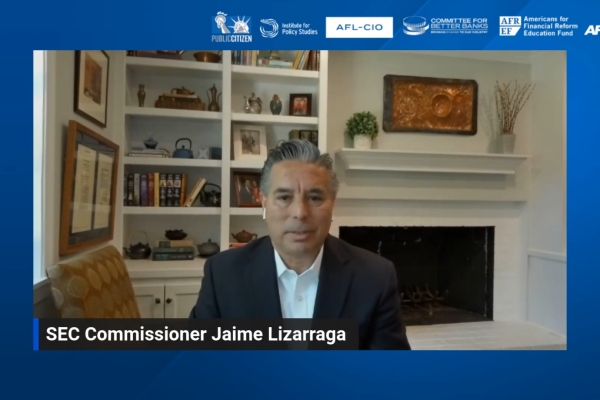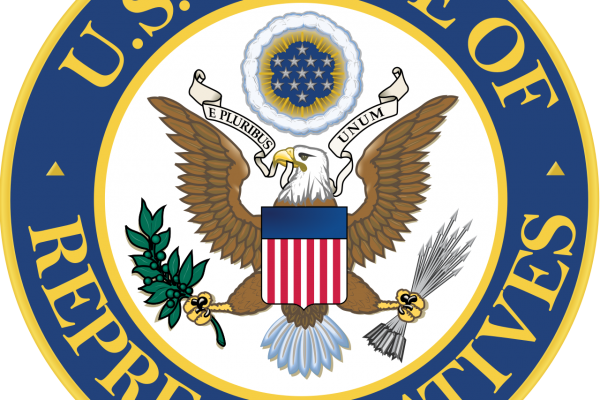In The News: Big Tech Wants Your Paycheck (The Lever)
Although the ALEC bill offers some form of consumer protection from civil suits and collection agencies, it is really “a wolf in sheep’s clothing,” said Christine Chen Zinner, senior policy counsel at Americans for Financial Reform, a nonprofit focused on consumer protection and an ethical financial system. “I like to think of these as workplace payday loans, because that’s really what they are, they are a loan,” Chen Zinner told The Lever. “There’s an expectation to be repaid, there’s a consequence if they aren’t repaid, so it’s really a loan.”










